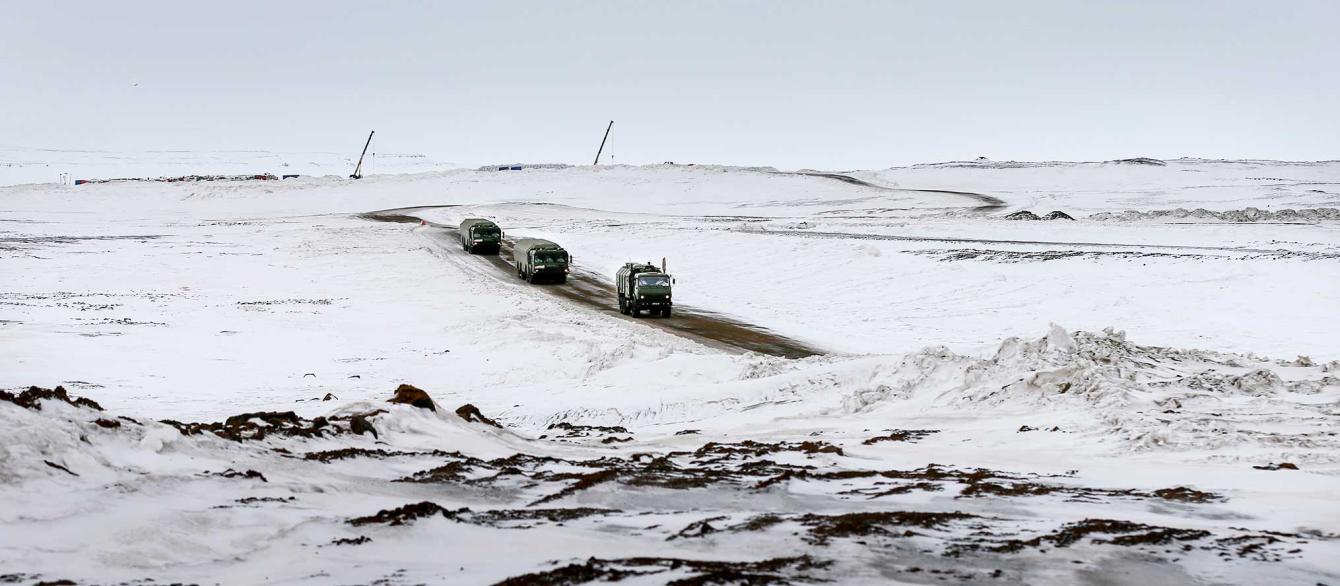As Russian forces continue to batter civilian targets in Ukraine, acting in unrestrained defiance of international law, nations and organizations around the world have chastised and imposed harsh punishments on Moscow. But justified though this outrage may be, in some cases the perils of alienating Russia outweigh the benefits.
Here, the Arctic is a crucial case study. The region’s geopolitical importance and fragile system of governance make it fertile ground for either cooperation or conflict. And though over the past quarter century the Arctic Council has sustained a workable base level of cooperation, the consequences of a recent decision by seven of its eight member states to boycott council activities over Russia’s military aggression could prove devastating.
The Arctic’s strategic importance owes in large part to its profound mineral wealth. Courtesy of climate change, rising temperatures are rapidly thawing barriers to the region’s bountiful natural resources. According to the Stimson Center, the region may contain up to 90 billion barrels of oil and 47 trillion cubic meters of natural gas, while the Wall Street Journal estimates the Arctic may contain some $1 trillion worth of rare-earth metals—a set of 17 precious metallic elements with critical importance for national defense equipment and consumer electronics. Other sources of mineral wealth in the region include large stores of gold, platinum, tin, diamonds, and zircon-titanium, as explored in a recent study published in Ore Geology Reviews.
Read More
The full text of this article is available via Foreign Policy.




